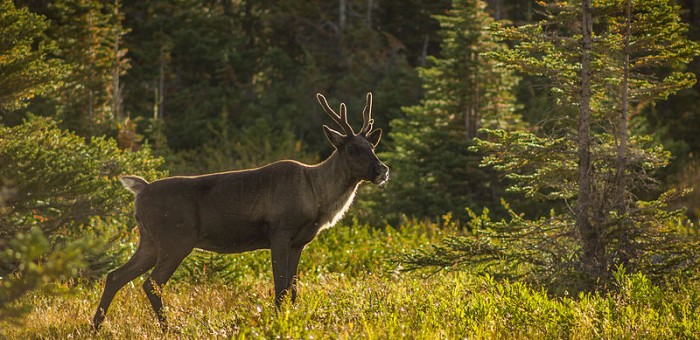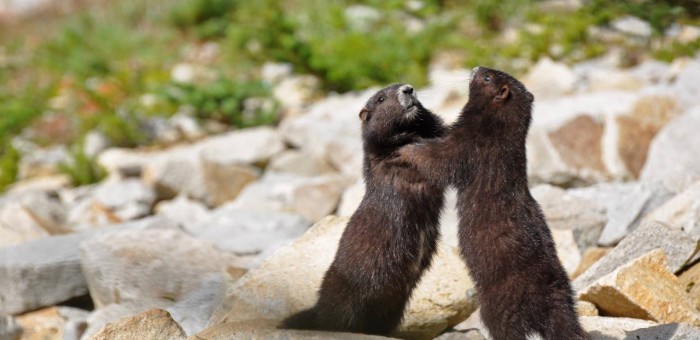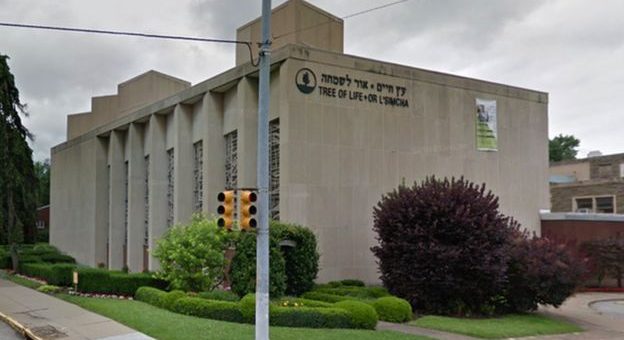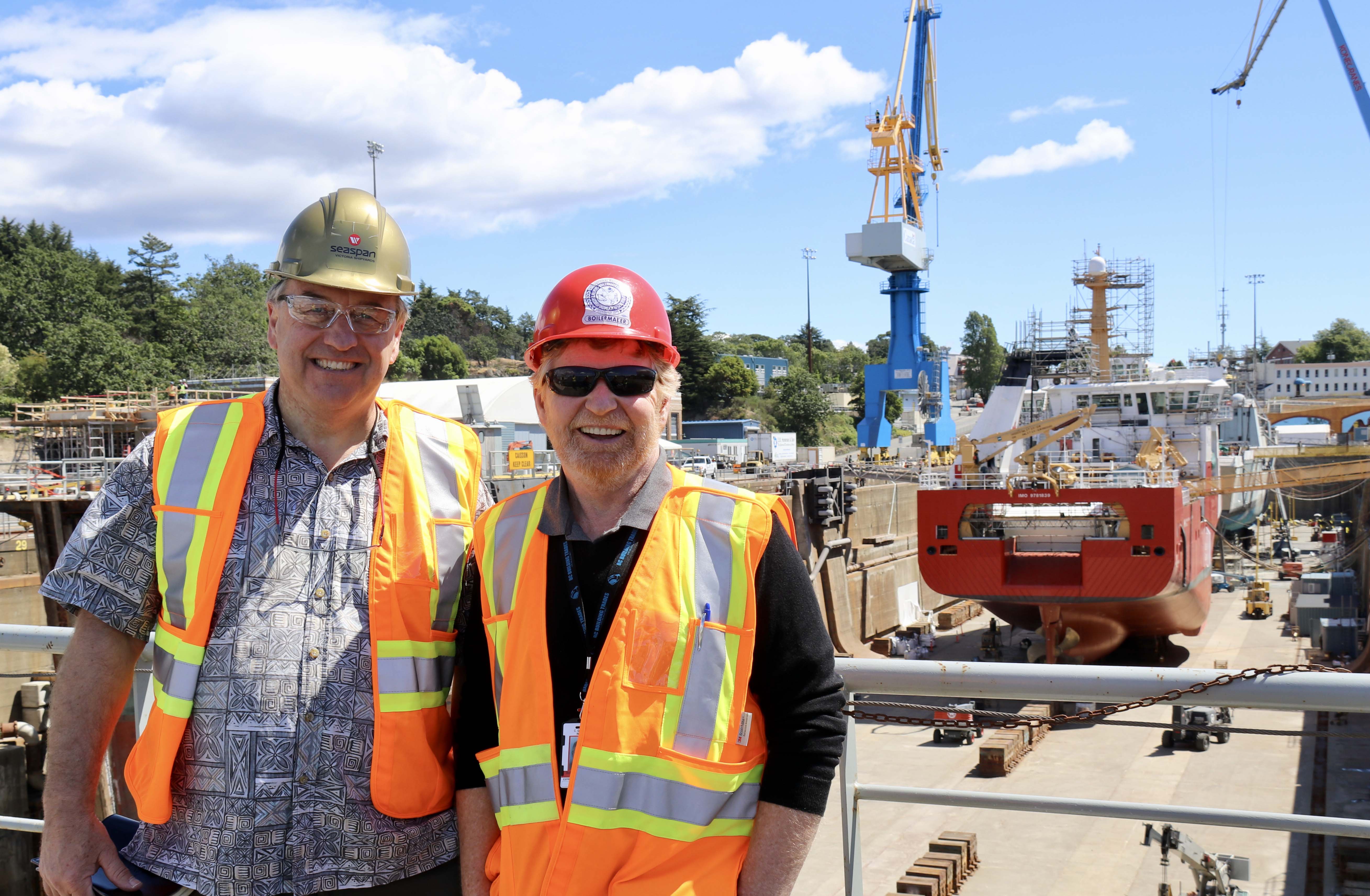Media Release
On the decline of BC’s caribou and old growth forests
Today in the legislature I rose during Question Period to ask the Minister of Forests, Lands and Natural Resource Operations two distinct questions. In the first, I asked how he reconciles his Ministry’s efforts to preserved at-risk caribou herds while at the same time issuing more hunting permits for the same caribou. In the second question I ask him what he plans to do to preserve the last remaining old growth valley-bottoms on Vancouver Island.
Below I reproduce the text and video of our exchange.
Video of Exchange
Question
A. Weaver: I’ve just been walking around with a smile on my face today from ear to ear, and I continue to ask that question in that spirit.
There are 54 caribou herds in British Columbia, 30 of which are at risk of extirpation. Fourteen have less than 25 animals, and the B.C. Government website lists that one of these herds has precisely one individual, whereas another has three. Since the information was posted on the site, it’s likely that they’re gone as well.
British Columbia’s caribou herds are in crisis, and scientists have been raising the alarm for many, many years. After nearly managing the species into oblivion, we’re now desperately trying to save them by any means possible. Yet, at the same time as we try to avoid extirpation in one area, in a neighbouring area, the government issues and permits a legal caribou hunt.
To the Minister of Forests, Lands, and Natural Resource Operations: aside from the First Nations’ food, social and ceremonial hunt, how many caribou is he permitting to be hunted in British Columbia in the 2019-2020 limited area hunt and general open season in management units 617 to 620 and 622 to 627?
Answer
Hon. D. Donaldson: Thank you to the Leader of the Third Party for the question to talk about an important animal, an iconic species in B.C. and across Canada and internationally. That is the caribou.
I think it’s been pointed out already in question period so far that unlike the old government, we take the decline in caribou populations very seriously. Going back to 2003, the previous government ignored calls for action to protect caribou habitat for over a decade and kept in place a patchwork of measures that don’t meet federal standards, putting jobs at risk and caribou at risk.
As far as the hunting of caribou that the member asked about, we know that the Chase, Wolverine and Itch-Ilgachuz herds are classified as threatened, and the herd populations continue to decline. That’s why we closed the caribou hunt for these three herds this past March, and this hunt will remain closed until further notice. There are some herds that are still available for hunting, and those are the Carcross and Atlin herds in my constituency, in the northwest corner of B.C. Both herds have in excess of 800 animals.
The member is right. When it’s based on the best available science, and when conservation is the top priority, followed by First Nations’ food spiritual and ceremonial needs, only then is hunting allowed. There are very few animals available for hunt — approximately ten.
Supplementary Question
A. Weaver: Well, that’s inconsistent with the information I have here, where it looks like 268 permits have been issued for caribou in Skeena region 6, which would be ironic in light of the fact the minister just mentioned 800-some animals in and around that area.
The point I’m making here is we’re hunting caribou while we try to save caribou. There’s no overall strategy. Caribou, as we know, are dependent on old-growth boreal and mountain economic systems. For many herds, their main food source is lichen that grows on old trees, and cutblocks and logging roads make them much more vulnerable to predators, as we all know.
Yesterday the United Nations released a landmark study reporting that over a million species are now at risk of extinction, and habitat loss is the driving factor. In B.C., we only act when it’s already too late. For example, our invaluable Vancouver Island valley-bottom old growth is globally rare and is an essential habitat for many species.
My question is again to the Minister of Forests, Lands and Natural Resource Operations. Will this government stop its Loraxian approach to resource management and step in to protect the last intact, productive valley-bottom old growth on Vancouver Island?
Answer
Well, I understand we were talking about caribou. There are no caribou on Vancouver Island. I’m sure the member knows that. As far as old-growth forests go on Vancouver Island, we’re committed to creating an old-growth plan in consultation with industry, in consultation with environmental NGOs and in consultation with communities.
We know that old-growth forests provide incredibly important habitat for biodiversity. There are over 500,000 hectares of old growth already protected on Vancouver Island through protected areas and parks. We also know that old-growth forests provide important revenue for communities and important jobs for forestry workers. We’ll continue to manage old growth in a sustainable way, and we’ll continue to work on the caribou file to protect jobs and to protect caribou.
Humans threaten one million species with extinction worldwide, B.C. still without any endangered species legislation
The Intergovernmental Science-Policy Platform on Biodiversity and Ecosystem Services (IPBES) today released its landmark assessment detailing the world’s declining state of biodiversity. Remarkably, British Columbia’s government has still not announced how it plans to deliver on its 2017 mandate to enact an endangered species law. Below I reproduced the text of our media release in response to the IPBES report.
Media Release
Humans threaten 1 million species with extinction worldwide, B.C. still without any endangered species legislation
For immediate release
May 6, 2019
VICTORIA, B.C. – One million of the planet’s eight million species are threatened with extinction, according to a comprehensive report released today from the Intergovernmental Science-Policy Platform on Biodiversity and Ecosystem Services (IPBES), a UN committee, and yet British Columbia’s government has still not announced how it plans to deliver on its 2017 mandate to enact an endangered species law.
“The report identifies habitat loss, sustainable exploitation, climate change, and pollution as the main culprits, which are all areas that we can and should focus on in British Columbia to protect our at-risk species and the health of our province,” B.C. Green Party Leader Andrew Weaver said.
“I drafted and introduced an endangered species act for British Columbia twice in the legislature, most recently in November 2017. British Columbia is the most bio-diverse province in Canada, but it is also home to more at-risk species than any other province with 1,807 species at risk of extinction. In addition to detailing policies to identify, protect and rehabilitate at-risk wildlife populations and habitats, my Endangered Species Act introduced proactive measures that would prevent healthy species from declining in the first place.”
The world is in the midst of the sixth great global extinction event, and humans are the driving force. Proactive protection and active restoration are key to the resiliency of British Columbia.
Humans are part of nature and inextricably linked to its deterioration. As stated in the IPBES report, some 70 percent of drugs used for cancer treatment are natural or synthetic products linked to nature, and 75 percent of global food crops rely on animal pollination. In B.C., in 2017 nearly 10,000 people were employed in fisheries-related jobs and other 141,000 worked in forestry-related positions.
“If our ecosystems collapse, so does our economy,” Weaver said. “We need biodiversity for pollination, flood prevention, water and air purification, climate change resiliency, and social and cultural well-being.
“The IPBES report makes it abundantly clear governments must act urgently to change the trajectory of global extinction. My B.C. Green caucus colleagues and I will fight for the same in British Columbia.”
-30-
Media contact
Macon McGinley, Press Secretary
+1 250-882-6187 |macon.mcginley@leg.bc.ca
Statement on Yom HaShoah (Holocaust Memorial Day)
Today is Holocaust Memorial Day. In the legislature the Minister of Municipal Affairs and Housing rose to deliver a Ministerial Statement for which both the Member from Abbotsford West and I delivered a response. I reproduce the video and text of my remarks below. We also issued a media statement that is appended at the end.
Video of Statement
Text of Statement
A. Weaver: Today I rise to speak about Yom HaShoah. It’s a day dedicated to reflecting on the atrocities of the Holocaust and remembering those who suffered and lost their lives.
As time moves forward, each survivor that passes away emphasizes the importance of taking the time to remember. Their stories allow us to understand what happened. They allow us to reflect on our society. I’d like to thank and honour these survivors for sharing their story.
Sadly, anti-Semitism is rising in Canada. In British Columbia, we’ve seen a 127 percent increase in the number of incidents over the last year.
Greater volumes of hate are being spewed on line, often behind the masks of anonymity. Anti-hate groups are also reporting increased in-person incidents of hate.
Religious and ethnic intolerance is antithetical to the values we hold for society. The difficulty of accepting those who are different from ourselves has been a scourge on humankind throughout history. Our answer as a society must be a strong and resounding rejection of othering and hatred. We must consistently embrace our values of tolerance and liberty.
It was the deaths of people who wanted to live in an equal world that forged the society we live in today, and we cannot let their sacrifice slip away. We should use this day to remind ourselves we do not have a guarantee to our values of tolerance, freedom of religion. If we fail to defend them, we let slip the very humanity that generations have suffered to achieve.
Let us not forget the millions of Jewish people who were murdered. Let us not forget their stories. Let us not forget that there is still work to be done.
Media Statement
BC Green caucus statement on Yom HaShoah
For immediate release
May 2, 2019
VICTORIA, B.C. – Andrew Weaver, leader of the B.C. Green Party, issued the following statement in recognition of Yom HaShoah, Holocaust Remembrance Day.
“Today is dedicated to reflecting on the atrocities of the Holocaust and remembering those who suffered and lost their lives, as well as those who fought against it.”
“Religious and ethnic intolerance is antithetical to the values we hold for society. The difficulty of accepting those who are different than ourselves has been a scourge on humankind throughout history – our answer as a society must be a strong and resounding rejection of othering and hatred. We must consistently embrace values of tolerance and liberty.
“With the recent rise of antisemitism in Canada and in BC, it is even more important that we speak up against hate, and that we remember what can happen when we do not. Let us not forget the millions of people who were murdered; let us not forget their stories; let us not we forget that there is still work to be done.”
-30-
Media contact
Macon McGinley, Press Secretary
+1 250-882-6187 |macon.mcginley@leg.bc.ca
B.C. Green Caucus Supports Labour Relations Code Amendments
The BC NDP government today introduced Bill 30: Labour relations code amendment act, 2019. The BC Green Caucus issued a media release (reproduced below) in response to the Bill’s introduction. I look forward to debating this bill at second reading in the near future and I will provide a more comprehensive analysis of it at that time.
Media Release
B.C. Green Caucus Supports Labour Relations Code Amendments
For immediate releaseApril 30, 2019
VICTORIA, B.C. Ending the pendulum swings that have defined labour policy the past 30 years is a priority for the B.C. Greens, and the proposed amendments to the Labour Relations Code are a step towards reaching that balance while also enhancing important protections for workers.
“British Columbians deserve to expect certainty and stability in labour policy, which is what our caucus has advocated all along,” said B.C. Green Party leader Andrew Weaver. “For the past 30 years, labour policy in B.C. has been defined by pendulum swings between Liberal and NDP governments. Thorough our consultations with government, we made clear that progressive changes are needed to protect workers through moderate, evidence-based policy adjustments.
“The expert review panel made balanced and thoughtful recommendations on updating the labour code that are reflected in this legislation. Retaining the secret ballot while shortening the time frame for votes from ten to five business days, and enacting stronger protections against employer interference, is a reasonable path forward to maintain balance in workplaces and ensure workers are protected as they exercise their choice.”
The B.C. Green caucus supports other significant provisions of this legislation, which take important steps forward to better protect workers and ensure balance in workplaces. These include:
- Extending successorship provisions to protect workers in building cleaning/janitorial services, security services, bus transportation services, non-clinical health care services, and food services;
- Reducing the disruption caused by frequent raids by modifying the open periods;
- Removing education as an essential service.
“We think this legislation strikes the right balance and therefore better able to ensure fairness and balance in workplaces, which is in the interest of both workers and employers,” Weaver said.
These amendments are necessary adjustments to existing labour law, but they fail to address the more fundamental challenges facing the economy.
“Unfortunately, what continues to be missing from the conversation is a focus on how we can adapt our labour laws to support people grappling with the changing nature of work,” Weaver said. “From increases in precarious, gig-based jobs, to the increasing use of contractors instead of employees, British Columbians are dealing with huge changes to job stability and income security, and our laws aren’t keeping up.”
The B.C. Green caucus consults with government to improve fairness for workers and ensure balance in the workplace as part of the Confidence and Supply Agreement.
-30-
Media contact
Macon McGinley, Press Secretary
B.C. Green Third Party Caucus
+1 250-882-6187 |macon.mcginley@leg.bc.ca
Bill 8: Employment Standards Amendment Act, 2019
Today the BC Government tabled Bill 8: Employment Standards Amendment Act, 2019. Improving fairness for workers and ensuring balance in workplaces are part of the Confidence and Supply Agreement we signed with the NDP. Our caucus has approached this issue from the start by focusing on sensible policy that puts the health and well-being of people at its core. Our goal is to see an end to the pendulum swings that have marked labour policy in our province over the past three decades. Many of the changes in this legislation appear to be positive steps in that direction. In particular, the changes will give job security to workers fleeing domestic violence and protect children from dangerous work.
Below is our initial statement released in response to the Bill’s introduction. We look forward to debating this bill at second reading in the near future. I will provide a more comprehensive analysis of it once we have had a chance to examine it in detail.
Media Statement
Employment Standards Amendment Act
For immediate release
April 29, 2019
VICTORIA, B.C. – The B.C. Green caucus supports government’s legislation amending the Employment Standards Act, which aligns the province with United Nations standards to better protect children and youth, protect workers facing domestic violence, and improve balance in workplaces.
“Key elements of this legislation better protect the health and well-being of some of the most vulnerable people in our communities,” B.C. Green Party leader Andrew Weaver said. “This legislation will improve safety for children and youth in the workforce, and it allows survivors of domestic violence to take time off when they need it, knowing they will have a job to return to, which can make all the difference to those living in dangerous circumstances. We should take this a step further and provide paid leave for people fleeing domestic violence, to support them as they find safety.
“We have approached this issue from the start by focusing on sensible policy that puts the health and well-being of people at its core. Our goal is to see an end to the pendulum swings that have marked labour policy in our province over the past three decades.
“The upcoming months will require government to engage in a thorough consultation process to establish clear, fair and balanced regulations that businesses can follow. We must also start earnest work to modernize our laws to better support workers as they are forced to adapt to the changing nature of work and the growth of the gig economy.”
-30-
Media contact
Macon McGinley, Press Secretary
+1 250-882-6187 |macon.mcginley@leg.bc.ca







